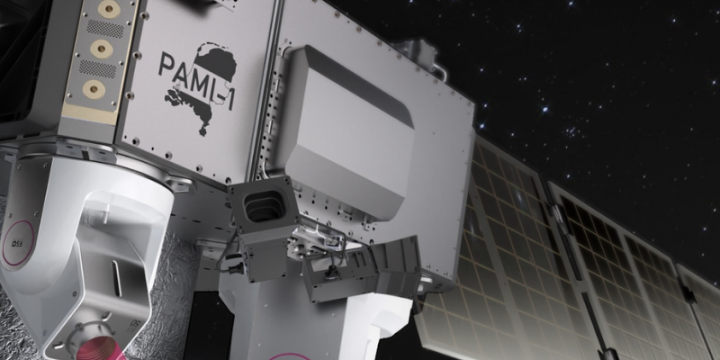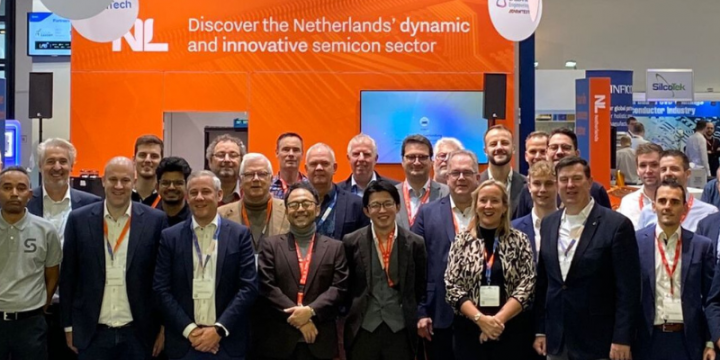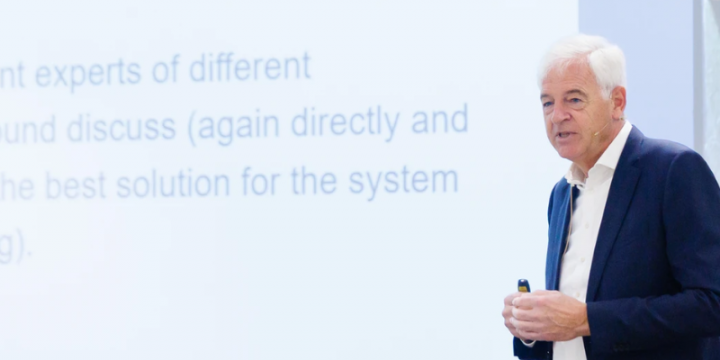Expectations for the next generation of chips are sky high. The so-called photonic chips can make devices smaller, faster and more economical. The Netherlands is investing hundreds of millions of euros in it and wants to grow into a global player in the field of photonics.
Investments of hundreds of millions have been made by government funds such as the National Growth Fund and by the business community. Those millions did not come out of the blue: a geopolitical battle over chips has been raging for years. The vast majority of electronic chips currently come from Taiwan, South Korea and China. The US and the EU want to be less dependent on Asia and are therefore investing heavily in their own chip industry.
Laurens Weers is director of the PhotonDelta foundation, which focuses on expanding the production of photonic chips. The foundation is responsible for the distribution of the subsidy flows.
The investments in this industry are large, but so is the added value for the Netherlands. With technology, and especially with deep tech (innovative complex technology, ed.), it is essential that you invest for the longer term.
If the Netherlands wants to have a prosperous tech sector in twenty or thirty years, investments and a national technology strategy are needed now, says Weers. "Integrated photonics is part of that."





